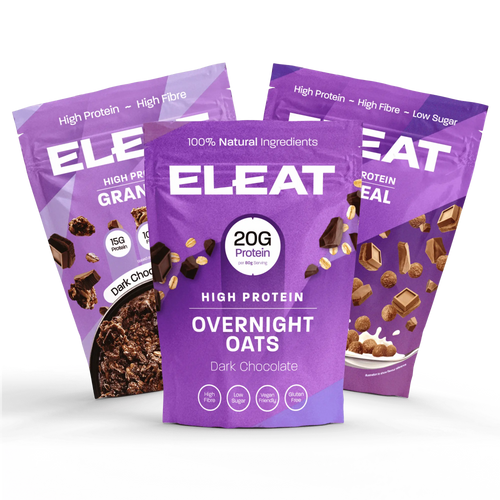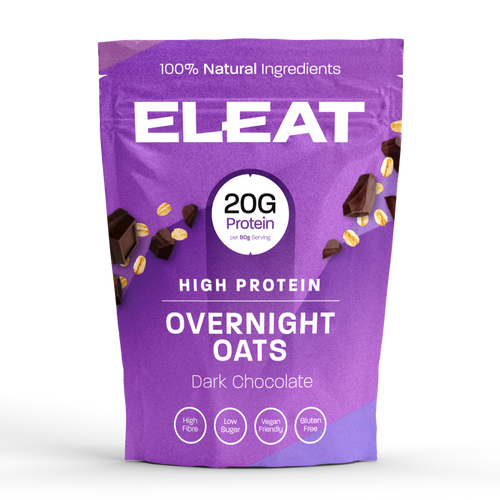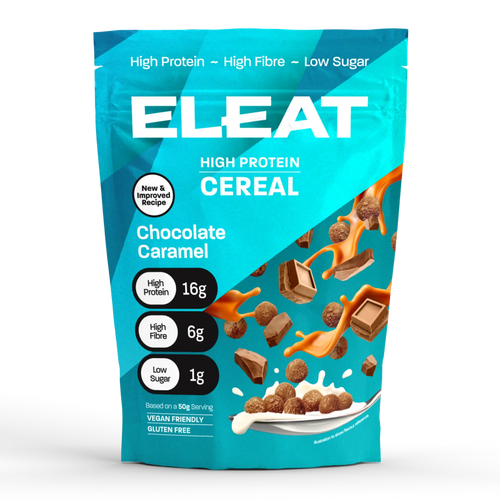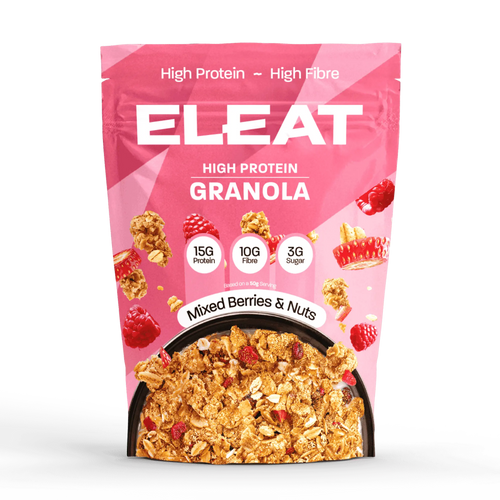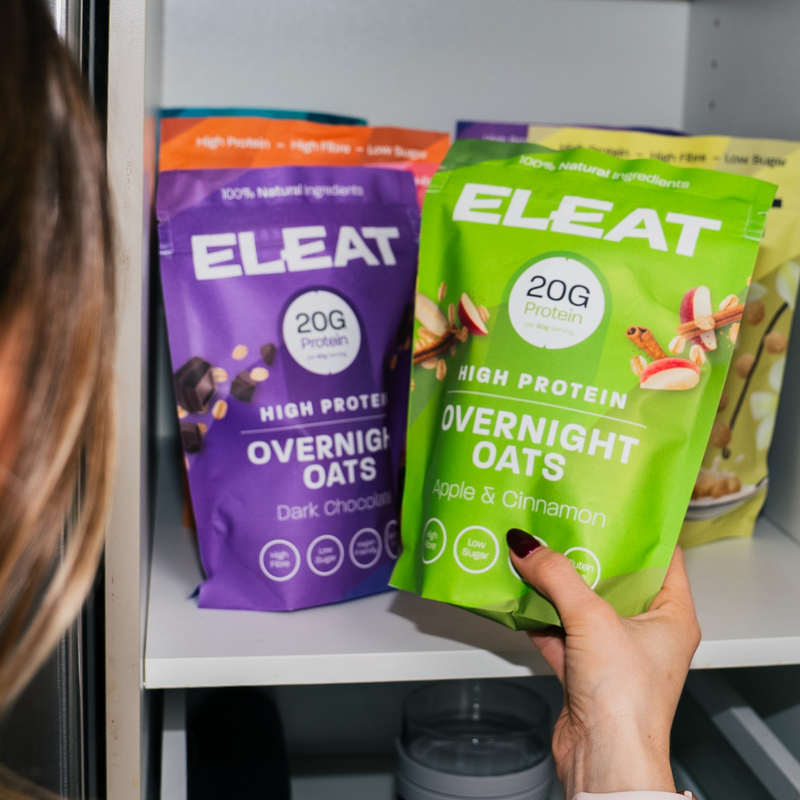In this article:
From probiotic capsules to fibre-rich powders and fermented drinks, gut health supplements are having a moment. With so many options on the market, it can be hard to know where to start. If you’ve ever stood in front of the supplement aisle feeling overwhelmed or Googled "best supplement for bloating" late at night, you’re not alone.
The truth is, not all gut supplements are created equal. Some are based on solid science, while others are driven more by marketing hype than proven results. In this blog, we’ll walk you through the basics of gut health supplements, who might benefit from them, what types exist, and how to choose the right one for your needs. Whether you're managing digestive discomfort, looking to boost your immunity, or simply want to improve your overall well-being, this guide will help you navigate your options with confidence.
Do You Need a Gut Health Supplement?
Before diving into types and brands, it’s worth asking whether a gut health supplement is right for you in the first place. While a balanced, fibre-rich diet filled with fruits, vegetables, whole grains, and fermented foods is the gold standard for maintaining a healthy gut, supplements can provide targeted support, especially if you're experiencing symptoms or have specific health concerns.
You might benefit from a gut health supplement if you regularly deal with bloating, gas, irregular bowel movements, fatigue, sugar cravings, or digestive discomfort after meals. People recovering from antibiotic use, travelling to new environments, or managing conditions like IBS (Irritable Bowel Syndrome) often turn to gut supplements for extra support. Supplements can also be a practical option for people who struggle to meet their fibre or probiotic needs through diet alone.
However, supplements should complement a healthy lifestyle, not replace it. They work best when combined with a balanced diet, stress management, sleep, and hydration.
Types of Gut Health Supplements
The supplement industry can be confusing, especially when labels throw around terms like "probiotic," "prebiotic," and "synbiotic" with little context. Here, we break down the three main types of gut health supplements and how they work.
1. Probiotics
Probiotics are live microorganisms, typically bacteria, that are believed to provide health benefits when consumed in adequate amounts. They work by introducing beneficial bacteria into your digestive system, helping to balance the gut microbiome. Common strains include Lactobacillus and Bifidobacterium, among many others.
Different probiotic strains serve different purposes. Some support digestion and reduce bloating, while others may strengthen the immune system or even support mood regulation via the gut-brain axis. It's important to understand that probiotics are not a one-size-fits-all solution. For example, if you're looking to manage IBS, specific strains like Bifidobacterium infantis 35624 have more evidence behind them.
Probiotics are typically found in capsule, tablet, powder, or fermented drink form. While many are effective, they need to survive the journey through your stomach acid to reach your intestines. Look for products that are clinically tested, have strain-specific information, and clearly state the CFU (colony-forming units) count.
2. Prebiotics
Prebiotics are non-digestible fibres or compounds that serve as food for your beneficial gut bacteria. Unlike probiotics, which introduce new microbes into your system, prebiotics support the growth of bacteria that are already there. This makes them a gentler and often more sustainable way to support long-term gut health.
Common types of prebiotics include inulin, fructooligosaccharides (FOS), and galactooligosaccharides (GOS). GOS, in particular, has been widely studied and is the key ingredient in science-backed prebiotic supplements like Bimuno. It helps increase the number of Bifidobacteria in the gut, which are often associated with improved digestion and reduced bloating.
Prebiotics can be found in certain foods like garlic, onions, bananas, and leeks, but supplements offer a convenient way to get a consistent, clinically effective dose. They are especially useful for people who have dietary restrictions or trouble digesting raw vegetables. Prebiotic supplements typically come in powder or sachet form and are easy to add to drinks, yoghurts, or breakfast bowls.
3. Synbiotics
Synbiotics combine both probiotics and prebiotics in one product. The idea is to introduce beneficial bacteria into the gut while also feeding them the nutrients they need to thrive. This two-in-one approach can be convenient, especially for those who want a simple routine.
However, not all synbiotics are effective. The success of a synbiotic depends on how well the prebiotic and probiotic components work together. In some products, the included probiotic strains may not be clinically tested, or the prebiotic dose may be too low to be effective. It's essential to choose a synbiotic supplement that provides transparency around its ingredients, including the exact probiotic strains and the type and amount of prebiotic fibre used.
Synbiotics can be a great starting point for people new to gut health supplements, but as with all products in this category, the quality and evidence behind the formulation matter most.
What to Look for in a Quality Supplement
Once you've decided what type of supplement might work best for you, the next step is choosing a high-quality product. First, check that the supplement contains evidence-based ingredients. Clinical research and peer-reviewed studies should support any claims the brand is making. Look for strain-specific information when it comes to probiotics, or specific types of fibre such as GOS or inulin for prebiotics.
Next, read the label carefully. A good product will clearly list the strains or compounds used, the dosage, the number of servings per container, and any expiration or best-by dates. Avoid supplements that use vague terms like "proprietary blend," as these often conceal the actual quantities of active ingredients.
The delivery method also matters. For probiotics, stability is key. Capsules that are enteric-coated or otherwise designed to survive stomach acid are usually more effective. Powders and sachets are common for prebiotics and tend to be very easy to incorporate into your daily routine.
Check the CFU count for probiotics. While higher counts can be beneficial, more is not always better. It's more important to choose a product with the right strains at clinically effective doses than to focus on CFU numbers alone.
Also, consider the brand's transparency and manufacturing practices. Do they provide third-party testing? Are they upfront about where their ingredients come from? Reputable brands often offer more information and research links than generic or trendy products.
Red Flags to Watch Out For
Unfortunately, the supplement market is not immune to hype and misinformation. Be cautious of products that make vague or exaggerated health claims without citing any scientific backing. Phrases like "miracle cure," "instantly resets your gut," or "detoxes your system" should be approached with scepticism.
Avoid supplements that list "proprietary blends" without revealing exact dosages. You deserve to know what you're putting in your body. Similarly, be wary of products loaded with sugars, artificial sweeteners, or unnecessary fillers, especially in probiotic gummies or flavoured powders. These can sometimes do more harm than good, particularly if your gut is already sensitive.
If the supplement is missing basic information like the specific strains of probiotics or the exact type of fibre, it's probably not a great choice. Quality, transparency, and scientific support should always come before fancy packaging or celebrity endorsements.
Matching Supplements to Your Goals
Gut health is not one-size-fits-all, and your supplement should match your specific goals. If you're struggling with bloating, a low-dose prebiotic like GOS may be a good starting point. For constipation, fibre-based prebiotics can help regulate bowel movements. If your goal is to support immunity, specific probiotic strains like Lactobacillus rhamnosus GG may be more appropriate.
Those recovering from antibiotics or preparing for travel might benefit from a shelf-stable probiotic or a combination synbiotic. And if you're generally healthy but want to maintain your gut, a simple prebiotic supplement could be a great way to give your good bacteria a regular boost.
Final Thoughts
Choosing the right gut health supplement doesn’t have to be overwhelming. By understanding the differences between probiotics, prebiotics, and synbiotics, and knowing what to look for on a label, you can make more informed choices that support your health goals.
If you're looking for a gentle, science-backed way to improve your gut health, prebiotic supplements like Bimuno offer a proven and easy-to-integrate option. Start slow, stay consistent, and remember that supplements work best alongside a balanced diet and healthy lifestyle. Your gut will thank you for it.
